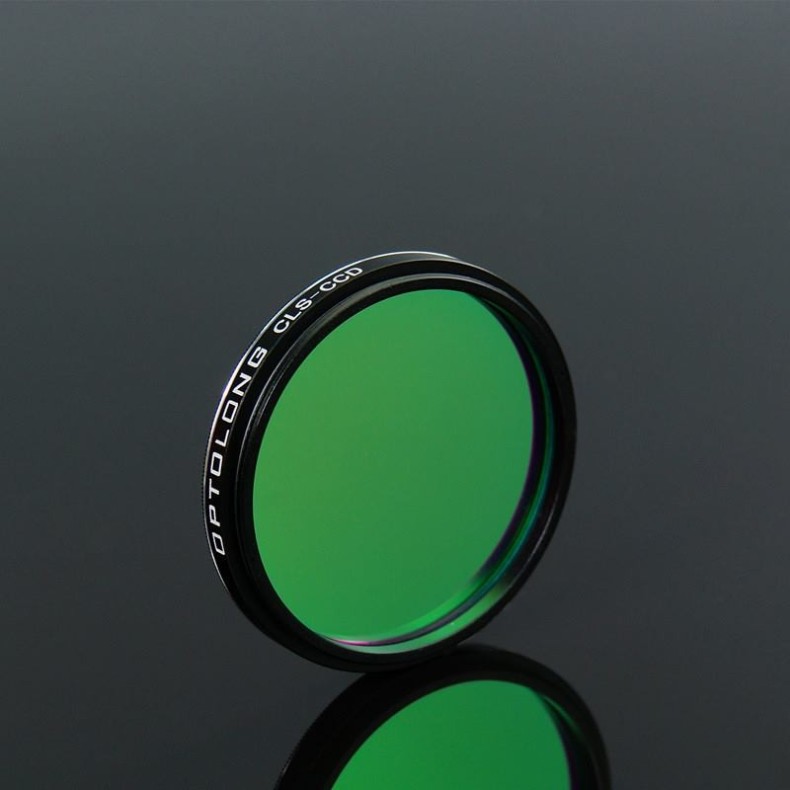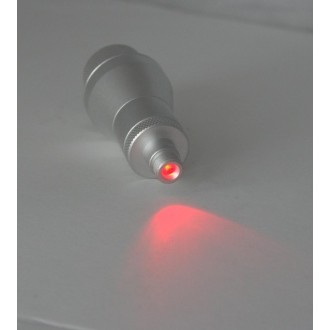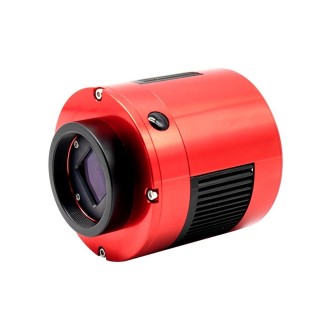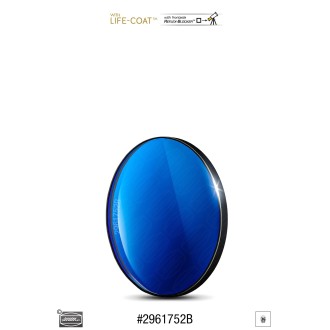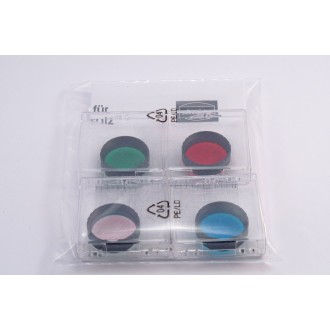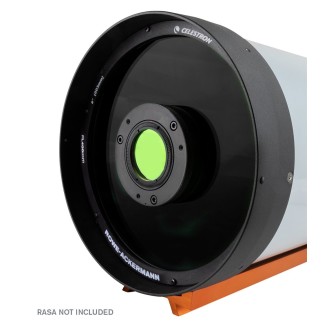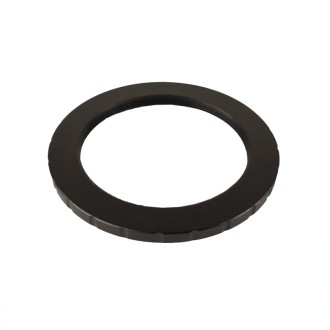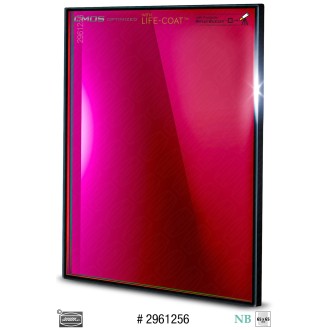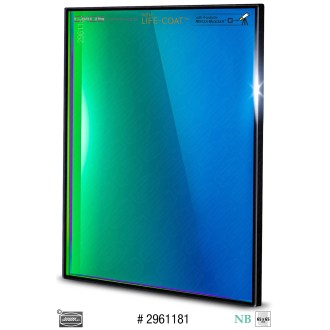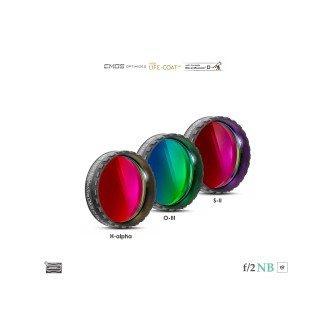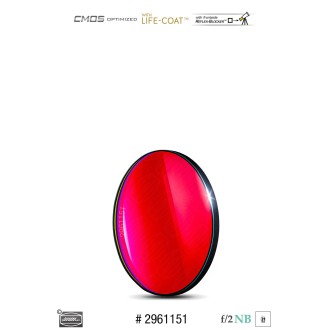
Filter Optolong anti-light pollution CLS-CCD 2"
The CLS-CCD broadband filter is designed to improve the visibility of deep space objects in astrophotography by selectively reducing transmission in the wavelengths of polluting artificial lights (mercury vapor and high and low pressure sodium lamps) and also natural light caused by the emission of neutral oxygen in our atmosphere (skyglow).
| Carrier | Description | Estimated Delivery | ||
|---|---|---|---|---|
 |
Home delivery - International | Home delivery - International |
Friday, 2 May - Friday, 9 May |
|

Home delivery - International
Home delivery - International
Estimated delivery:
Friday, 2 May - Friday, 9 May
Filter Optolong anti-light pollution CLS-CCD 2"
Product description
The CLS anti-light pollution filter is suitable for color CCD and digital SLR cameras modified for astrophotography; it is different from CLS in that it blocks infrared light with wavelengths between 700-1100nm. On the other hand, having a wider bandpass than UHC filters, it is a more suitable filter when observing under mild to moderate light pollution.
Its high transparency (95%) in the main emission lines of nebulae in OIII (496nm and 500nm), H-beta (486nm), NII (654nm and 658nm), H-alpha (656nm) and SII (672nm), makes it suitable for contrast and detail enhancement in most emission nebulae, planetary nebulae and supernova remnants, for astrophotography in sub-rural areas.
Moreover, its 0.1% out-of-band transmission, specifically in the major artificial light pollution emission lines (i.e., Na 589nm, Hg 435nm and 578nm) makes it an effective barrier against stray lights. The transmission of 0.1% is equivalent to OD3 [Densidad óptica=3]; (high optical density indicates very low transmission), always keeping in mind that light pollution filters do not increase the brightness of the object to be observed, but they do increase the contrast between the nebula and the night sky.
The filter is made with optical glass with a flatness level of λ / 4 on both surfaces (surface irregularities are
Its outermost coating with ion-assisted electron beam evaporation deposition technology gives it increased durability and scratch resistance, as well as CWL (center wavelength) stability unaffected by temperature changes.
Technical Specifications:
- Substrate material: Schott optical glass
- Multi-layer anti-reflective coating.
- Non-cementitious optical substrate coating.
- Thickness: 2.0 mm
- Peak transmission: 95% in nebulae emission lines (H-alpha 656nm, OIII 496nm and 500nm, SII 672nm and H-beta 486nm)
- Out-of-band transmission: 0.1%
- Out-of-band optical density: 3
- Filter factor: 2.6 (2.6 times more exposure required than without filter)
- Spectral windows of astronomical interest: OIII, Hbeta, NII, Halfa and SII
- Surface quality: 60/40
- RMS of transmitted wavefront: λ / 4
- Parallelism (arcsec): 30"
- Format: Threaded to the eyepiece barrel
- Size: 2"
- Ultra-thin filter cell minimizes vignetting by maximizing a 45 mm diaphanous aperture.
Filter Optolong CLS-CCD 2" anti-light pollution filter

